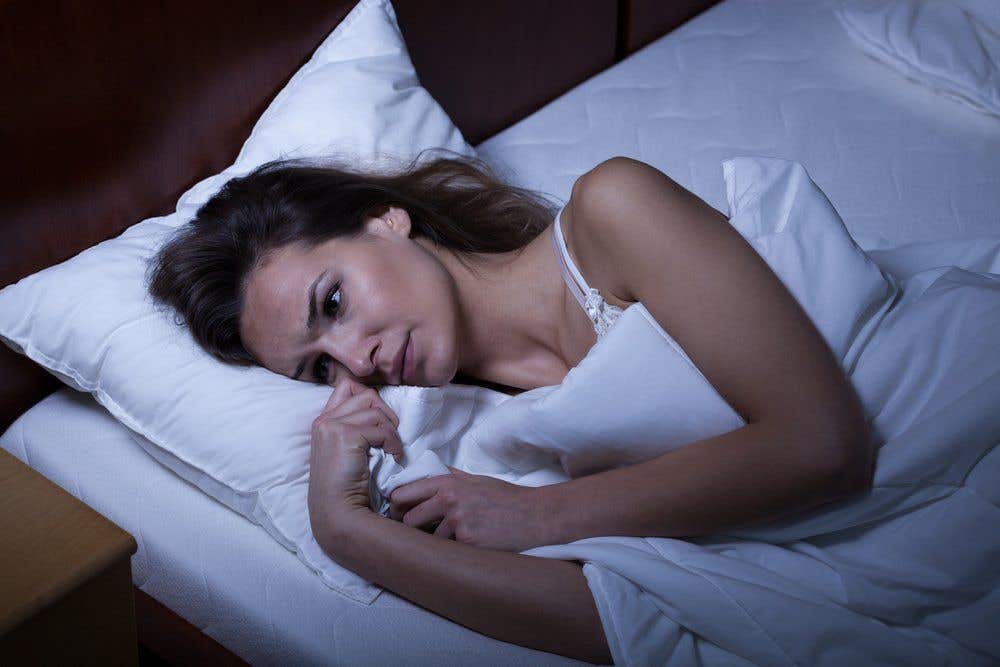Researchers find a significant link between sleep duration and the risk of suicide
Study has uncovered a significant link between sleep duration and the risk of suicide attempts among bullied adolescents in the U.S.

A new study has uncovered a significant link between sleep duration and the risk of suicide attempts among bullied adolescents in the U.S.
The study highlighted that 15% of adolescents reported being bullied at school, while 16% faced electronic bullying. Alarmingly, 10.2% of these teens had attempted suicide within the past year, and 77.3% did not follow recommended sleep duration guidelines. Adolescents who slept 4 hours or less per night were found to be twice as likely to attempt suicide. Moreover, the duration of sleep significantly influenced the connection between bullying at school and suicide attempts.
“Adolescent suicide and suicide attempts constitute a serious public health crisis in the United States,” said lead author Marie-Rachelle Narcisse, who holds a doctorate in public health.
She is also an assistant professor at the Warren Alpert School of Medicine of Brown University and a research scientist at the E.P. Bradley Hospital COBRE Center for Sleep and Circadian Rhythms in Child and Adolescent Mental Health in Providence, Rhode Island. “The fact that sleep duration significantly modifies the association between bullying and suicide attempts is a remarkable finding.”
According to the Centers for Disease Control and Prevention, suicide ranks as the second-leading cause of death among teens aged 14 to 18.
The American Academy of Sleep Medicine advises that teens should sleep 8 to 10 hours regularly for optimal health. Insufficient sleep among teenagers has been linked to higher risks of self-harm, suicidal thoughts, and suicide attempts.
Related Stories
The study analyzed data from the 2021 Youth Risk Behavior Surveillance System, which included a nationally representative sample of 17,134 participants.
Researchers examined the relationships between electronic or school bullying, sleep duration, and suicide attempts within the past year among adolescents aged 12 to 18. The analysis accounted for potential confounding factors such as sex, age, race/ethnicity, screen time, and poor mental health.
Teens who experienced bullying at school or online were found to be three times more likely to attempt suicide compared to their non-bullied peers. Those who were not bullied showed a reduced likelihood of suicide attempts as their sleep duration increased to 7 hours, with the likelihood remaining constant with more hours of sleep.
Narcisse emphasized that these results underscore the importance of targeting sleep duration in interventions aimed at reducing suicide rates among teens.
“If improved sleep duration can inhibit the adverse effect of bullying on suicide attempts, then interventions aimed at improving sleep duration could potentially have a positive influence on lowering suicide risk among adolescents,” said Narcisse.
This study brings to light a crucial aspect of adolescent mental health, highlighting the intricate connections between bullying, sleep, and suicide risk. The findings suggest that promoting better sleep habits could be a valuable strategy in addressing the mental health crisis among teens.
By ensuring that teens receive adequate sleep, it may be possible to mitigate some of the harmful effects of bullying and ultimately reduce the incidence of suicide attempts.
The research underscores the urgent need for public health initiatives to incorporate sleep education and support for teenagers, particularly those who are vulnerable to bullying. Given the significant impact of sleep on mental health, schools and communities should prioritize creating environments that foster healthy sleep habits.
By addressing sleep duration, there is potential to make a substantial difference in the lives of bullied teens, providing them with a better chance to thrive both mentally and emotionally. As the public health community continues to grapple with the challenges of adolescent suicide, incorporating sleep interventions could be a key component in comprehensive prevention strategies.
Tips for Better Sleep
Good sleep habits (sometimes referred to as “sleep hygiene”) can help you get a good night’s sleep.
Some habits that can improve your sleep health:
Be consistent. Go to bed at the same time each night and get up at the same time each morning, including on the weekends
Make sure your bedroom is quiet, dark, relaxing, and at a comfortable temperature
Remove electronic devices, such as TVs, computers, and smart phones, from the bedroom
Avoid large meals, caffeine, and alcohol before bedtime
Get some exercise. Being physically active during the day can help you fall asleep more easily at night.
For more information on sleep education, check out the resources here: http://www.sleepeducation.org/essentials-in-sleep/healthy-sleep-habits
For more science news stories check out our New Discoveries section at The Brighter Side of News.
Note: Materials provided above by The Brighter Side of News. Content may be edited for style and length.
Like these kind of feel good stories? Get the Brighter Side of News' newsletter.



